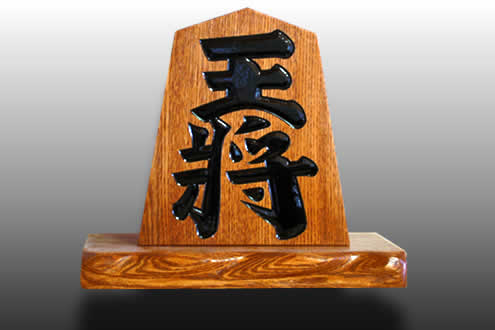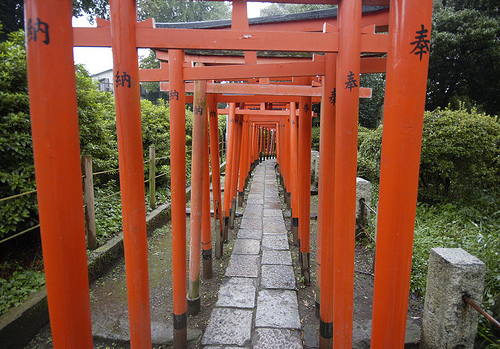Restaurant Review: ‘Osho’ at San Francisco International Airport
Normally one doesn’t expect too much in the way of quality food in Airport restaurants, but I found one that was surprisingly good on a recent business trip. It’s called ‘Osho’, and is located in the San Francisco Airport. The name comes from ‘王将’ which is the name of the ‘King’ piece in Japanese chess… Read More »








